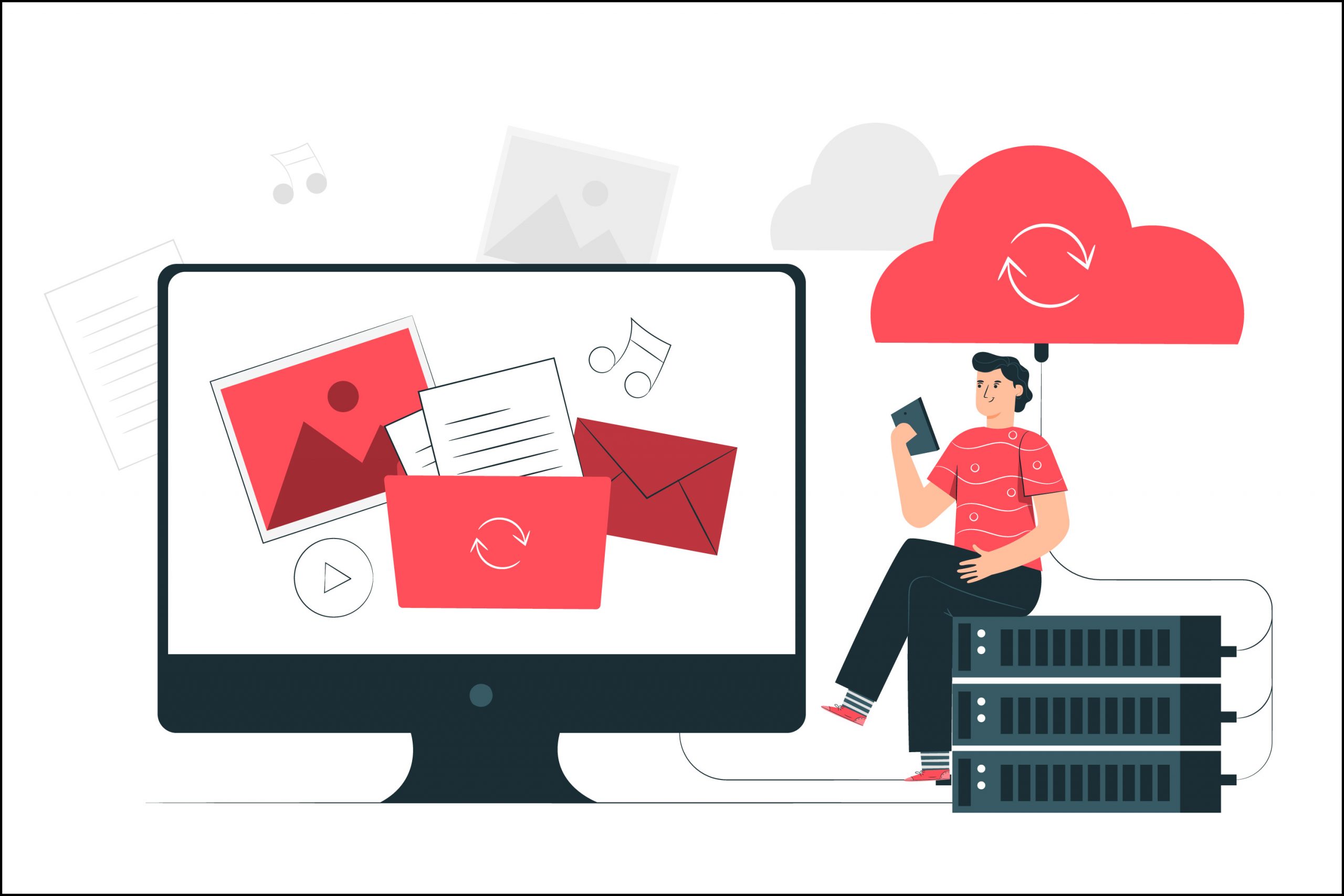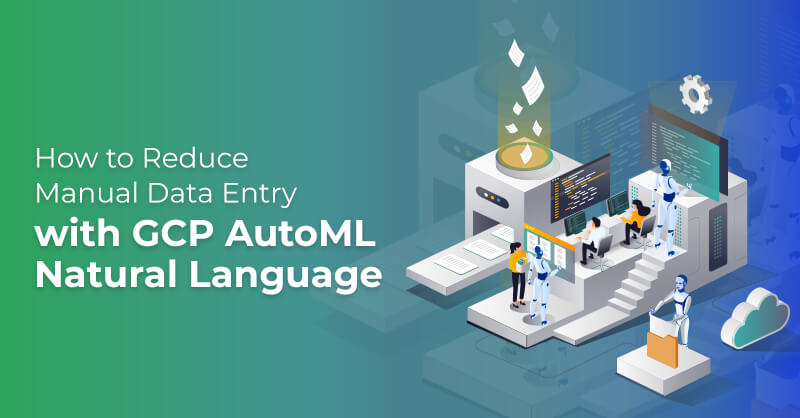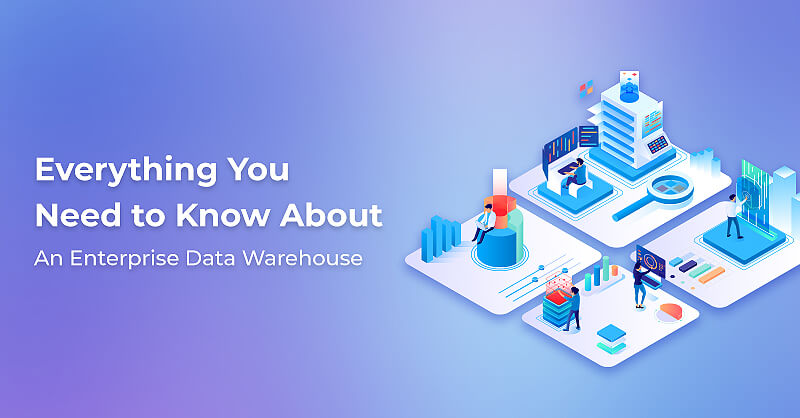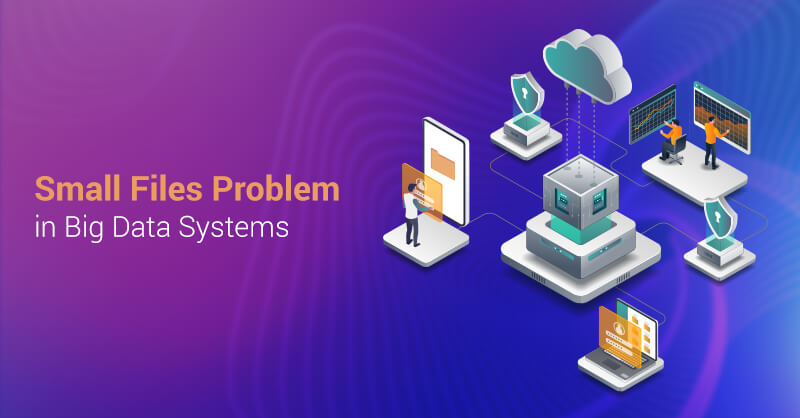Hadoop Alternatives: Migrating Your Configuration to Cloud
Written by Muhammad Aneeq Yusuf
Data Analytics Technical Lead at Royal Cyber
Due to the pandemic, many companies are starting to look towards cloud-based solutions and moving away from on-premises systems since the model proved to be ineffective during work from home situations. Moreover, cloud service providers have been providing fast, scalable, and user-friendly services at very affordable prices. Previously, a large amount of data was stored on these legacy, on-premises systems, mainly administered and transformed for analytics, using the Apache Hadoop platform. Although the Hadoop eco-system and its map-reduce mechanisms are tried and tested for large-scale analytics, it comes with hiring specialists' added burden for managing the needed infrastructure. Furthermore, the systems are difficult to scale, and map-reduce jobs tend to be difficult and time-consuming to write.

Why Move to Cloud?
When implementing the Hadoop eco-system, enterprises need to decide on a deployment model, which is not usually flexible. In an on-premises full-custom model, businesses purchase commodity hardware and install and operate it themselves.
However, the on-premises model comes with its own set of challenges:
Resources cannot be scaled independently
Difficult to scale and upgrade clusters
Large upfront machine costs
Enterprises rely on big data and analytics to support innovation and digital transformation strategies. However, many Hadoop users struggle with complexity, un scalable infrastructure, excessive maintenance overhead, and unrealized value. We help customers navigate their Hadoop migrations to modern solutions, which are more suited to various deployment strategies, including those on cloud platforms.
Migrating your data from the Hadoop cluster is complex; in the past, the data ingestion had to be stopped to migrate the data to the cloud. It involved stopping the data processing while migrating, and that migration involved moving petabyte data between data centers. Royal Cyber’s cloud migration services make it fast, safe, secure, and easy without any downtime or disruption for handling Hadoop migrations.
Challenges with Hadoop Architectures
Teams migrate from Hadoop for various reasons with lots of constraints and pushing teams to explore Hadoop alternatives. They are also being pulled by the new possibilities enabled by cloud data architectures. But the architecture requirements vary for different teams; we have seen a few common factors with customers looking to leave Hadoop.
Poor data reliability and scalability
Time and resource costs
Blocked projects
Beyond the technical challenges, we also had customers raise concerns around the technology's long-term sustainability and its vendors' business steadiness. These technology changes are reflected by the consolidation and purchase activity in the space. These concerns have stirred several companies to re-evaluate their Hadoop investments and see if the technology still meets their business goals.
Shift to Cloud Data Platforms
Data platforms built for the cloud can provide significant gains compared to legacy Hadoop environments, which drag companies into cloud adoption. This includes businesses that have tried to use Hadoop in the cloud. Below are some results from a client that migrated from a Hadoop architecture:
50% improvement in the performance of data processing job runtime
Security environment credentials centralized across the globe.
AI and ML initiatives accelerated and unblocked
40% decrease in monthly infrastructure cost
200% greater data processing throughput
Hadoop was not devised to run natively in cloud environments. While cloud-based Hadoop services undoubtedly have improvements compared to their on-premises counterparts, but still have a bit of lag compared to modern data platforms like Spark. Such platforms are known to work up to 100 times faster than Hadoop, on the same hardware, for the same amount of data, while also unlocking new potentials in streaming, machine learning, and complex analytics at the same time.
Dealing with the Change: Migration Principles
Migrating to a cloud data platform can be overwhelming; the customers we have worked with often think that the option of staying with their existing solutions to be even worse. Settling with their existing solution would have adverse effects more than the costs of migrating. We have worked hard to streamline the migration process across various aspects:
Managing Complexity and Scale
Manage Quality and Risk
Manage Cost and Time
Cloud Migration Made Simple
Cloud migration decisions are more about business decisions than technology. They influence enterprises to look at what their present systems deliver and evaluate what they need to achieve in terms of customer insights, petabytes of data processed, or business financial targets.
With precision on these targets come important technical details, for instance, evaluating cloud resource utilization and cost-to-performance, mapping technology components from cloud models to on-premises models, and establishing a migration project to minimize errors and risks. If you want to learn more, reach out to our cloud experts at [email protected] or visit Royal Cyber to explore cloud migration concepts, data modernization best practices, and migration product demos.




1 Comment
Admiring the time and effort you put into your blog and detailed information you provided regarding cloud migration service providers.